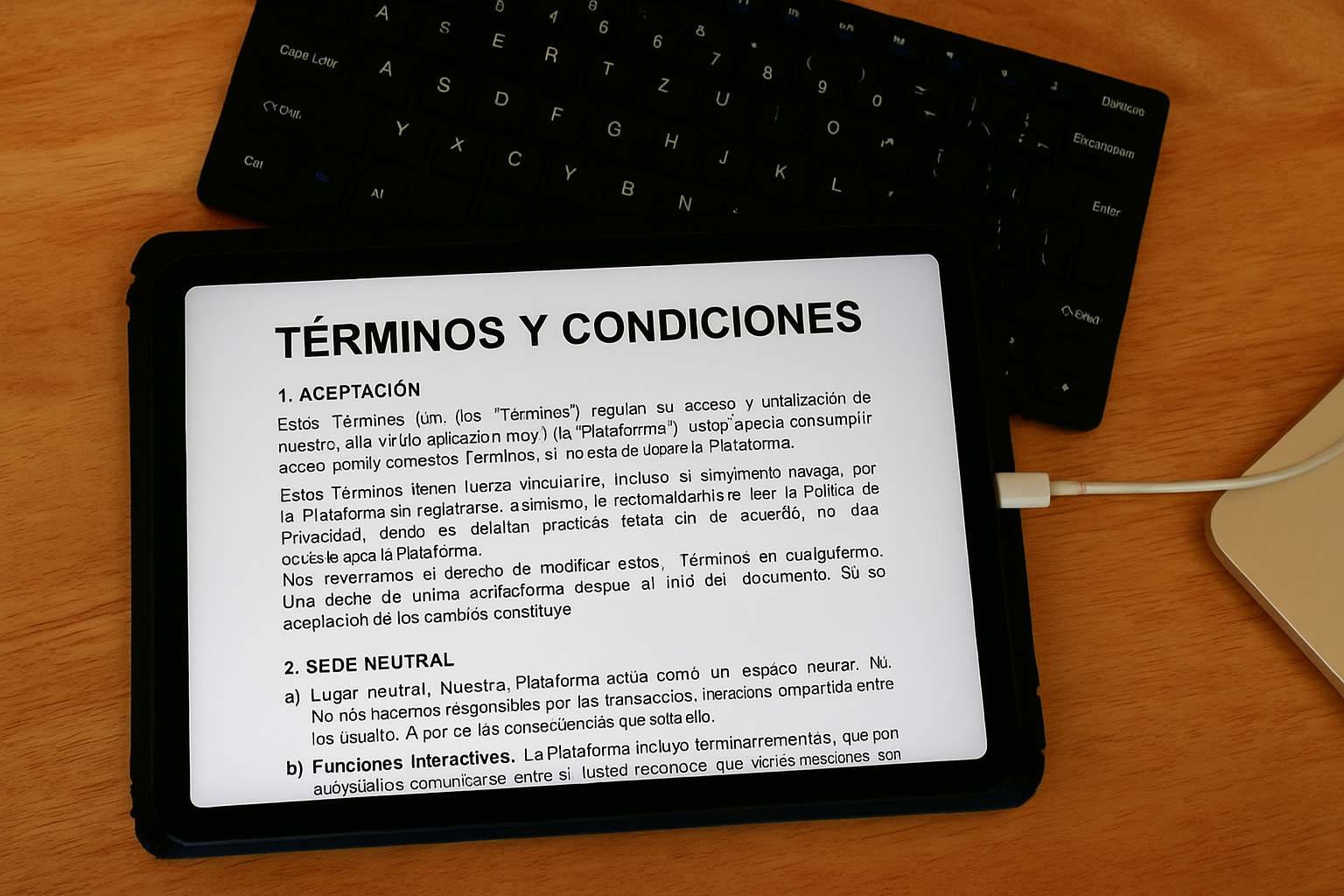Masculine noun. Fom the verb sanear, itself derived from the Latin sanare — “to heal, make sound, or restore to health.”
In everyday Spanish, sanear still keeps that sense of “cleaning up,” “restoring,” or “making something right.”
In legal Spanish, this original meaning survives metaphorically: to “make good” a defect, flaw, or loss suffered by another person. Hence, saneamiento in law refers to the seller’s duty to “restore” the buyer’s position when the thing sold turns out not to be as promised. In Civil law, saneamiento refers to the seller’s legal obligation to compensate or indemnify the buyer if certain problems arise with the thing sold.
In other words, when someone sells something, they are not only transferring ownership — they are also taking on certain risks. Saneamiento is the legal guarantee that protects the buyer if a defect or loss occurs.
This obligation appears mainly in two situations:
- Saneamiento por evicción (warranty against eviction): when the buyer is deprived, wholly or partly, of the purchased item because a third party has a prior right and successfully enforces it in court.
- Saneamiento por vicios ocultos (warranty for hidden defects): when the item sold has hidden defects existing at the time of sale that make it unfit for its intended use or reduce its value so much that, had the buyer known, they would not have bought it or would have paid less.
English equivalents
There isn’t always a perfect English counterpart, but roughly:
- Saneamiento por evicción → warranty against eviction / indemnity for loss of title or possession
- Saneamiento por vicios ocultos → warranty for hidden (or latent) defects
In practice, bilingual contracts may refer to seller’s warranties or seller’s indemnity obligations, but translating saneamiento simply as “remedy” or “indemnity” loses nuance: the verb sanear literally means “to make something right or sound again.”
Example in context
Spanish:
«El contrato estipula que el vendedor queda obligado al saneamiento por vicios ocultos previsto en el artículo 1484 del Código Civil, de modo que si la vivienda presenta defectos graves no visibles al adquirente, este podrá optar por la acción redhibitoria o la acción quanti minoris.»
English (approximate translation):
“The contract stipulates that the seller is liable under the warranty for hidden defects provided in Article 1484 of the Civil Code, so that if the dwelling has serious latent defects not visible to the purchaser, the latter may opt either to rescind the contract (redhibitory action) or to seek a price reduction (quanti minoris action).”
Notes for professionals
- In sales contracts (for property, businesses, or movable goods), it’s crucial to identify these saneamiento obligations and specify any waivers or limitations. For instance, under Civil law a buyer can waive the right to saneamiento por evicción, but only expressly — and not if the seller acted in bad faith.
- For bilingual legal professionals, this makes saneamiento a good example of a “false friend”: it looks like “sanitation” or “clean-up,” yet in legal Spanish it means a statutory seller’s warranty.
- In sworn translations or international contracts, if the target jurisdiction has no direct equivalent, it’s best to add a clarifying clause such as: “For the purposes of this Agreement, saneamiento refers to the seller’s statutory liability for hidden defects or for eviction, as applicable.” dc






